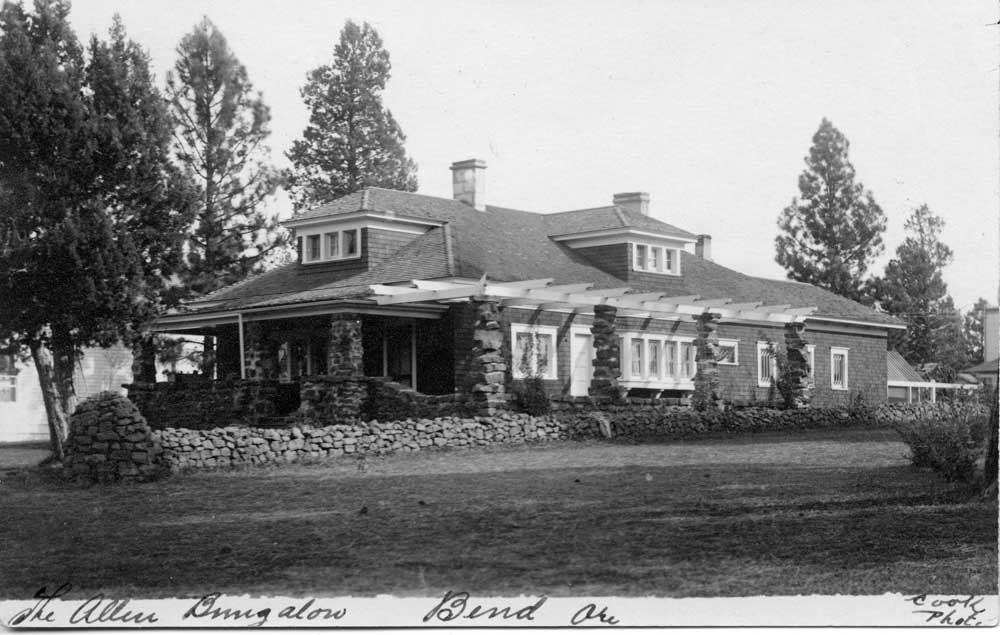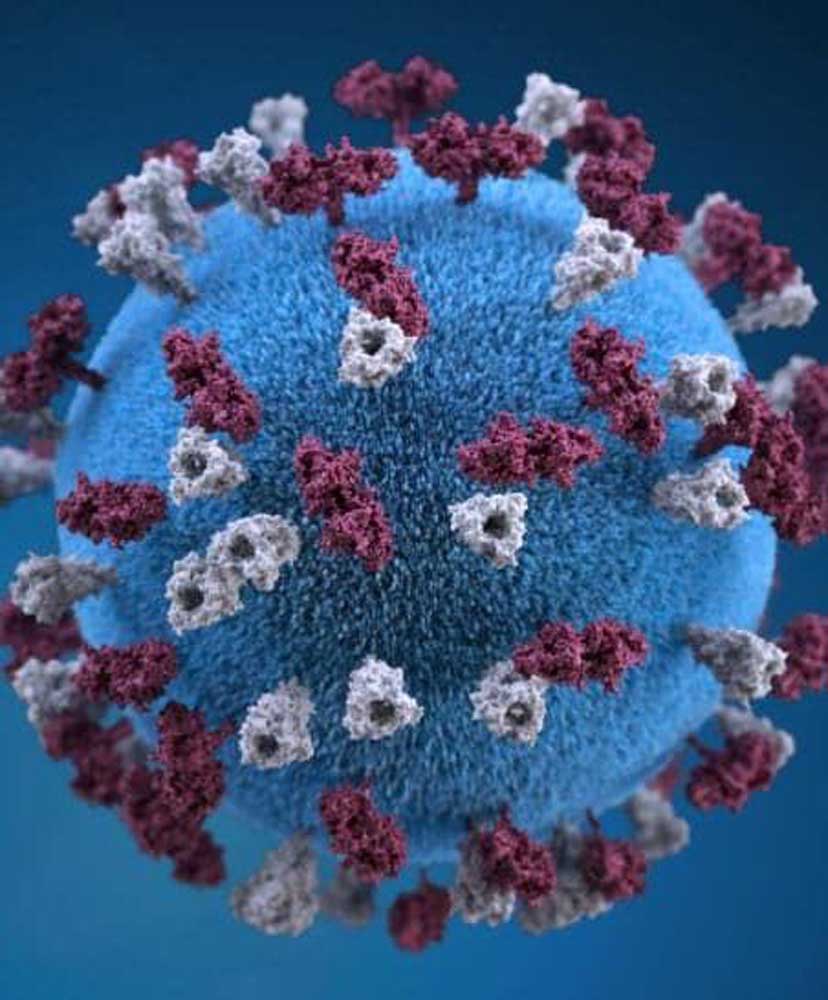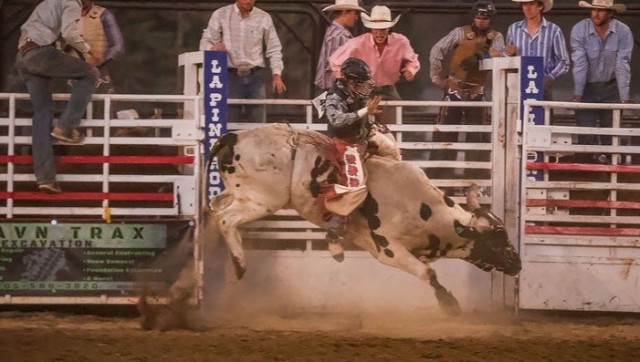The House that History Built
Published 12:00 am Saturday, May 28, 2016

- The House that History Built
Tucked away on the edge of Drake Park, overlooking Mirror Pond, is a cozy Craftsman bungalow that stands as a lone representative of Bend’s early beginnings.
The Goodwillie-Allen-Rademacher House at 875 NW Brooks Street was home to three men who were pivotal in the development of Bend from a tent-and-shanty village into a commercially vibrant center for the timber industry and agriculture, with a cutting-edge multi-specialty medical clinic.
The home was built by Arthur Lawson Goodwillie, who came to Bend from Chicago, and at the age of 26 was elected the first mayor of Bend. Although here for only a short while, young Goodwillie helped establish Bend’s business community, as well as a bank, all the city’s utilities, and served as a school board director.
The Craftsman bungalow he constructed in 1904 for $1,800 stands today as the oldest structure within the city limits and the only remaining authentic example of the Craftsman style left in Deschutes County.
The Craftsman home catered to the lifestyle of the rising middle class in the early 1900s, who didn’t have live-in servants or ascribe to the fussiness of the earlier Victorian period. The built-in cabinets in the dining room replaced the formal butler’s pantry. The architecture of the Craftsman embraced simplicity, handiwork, and natural materials. The beauty, usefulness, and quality of workmanship created a living space that was warm and welcoming, with the fireplace serving as the core of the home.
Starting in Pasadena, California, the Craftsman movement spread to other parts of the country through magazines such as “Ladies’ Home Journal.” Pattern books and kit homes made them more readily available, most famously the Sears Craftsman kits that could be ordered.
Classic Craftsman features, visible in the G-A-R house, include wood clapboard and shingle siding, natural local materials for the chimneys and exposed foundation and porch piers, leaded windows, and a large low-pitch roofline with dormers, that covers a rectangular-shaped building.
Other classic features include a covered front porch, windows surrounded by large wood molding, doors with glass openings, and the attached open trellis. Goodwillie constructed the stone pillars on the south side of the house in 1907.
When the Goodwillies moved back to Chicago in 1907, Herbert Engle Allen and his wife Alice purchased the home and lived in it until 1929. Allen’s contributions to the growth of Bend were numerous, but he is best remembered for his position with Brooks-Scanlon Lumber Company and his unflagging promotion of Bend outside the region. His efforts gave rise to the first real push for tourism as a viable component of Bend’s economic growth.
When Allen died, the city lost a champion whose sound judgment and intense interest in the advancement of Bend lay the foundation for the city we have today.
Clyde and Marjorie Rademacher of Minnesota purchased the bungalow from Allen’s widow in 1937 and lived in the house for almost 50 years until their deaths in the 1980s. Rademacher, a physician, along with Dr. Max Hemingway, founded the first multi-specialty medical clinic, which eventually became Bend Memorial Clinic.
“Rad” and his wife were both fully engaged in the community, involved in both public service and cultural activities.
In 1992, the house was saved from the wrecking ball by a group of concerned citizens who raised funds, materials, and services totaling $400,000 to restore the house, after moving it 50 feet to the south of its original location.
Following completion of the renovation, Mirror Pond Gallery opened the doors of the historic treasure in 1994. Arts Central conducted classes in the building until their move to the old Bend train depot. The house was listed on the National Register of Historic Places in May 2007.
Today the bungalow houses Crow’s Feet Commons, an eclectic combination bike and ski shop, with a café that serves food and local coffee and beer. Owner David Marchi started the business in October 2012.
“The business is a good fit for activities fostered out of here. Being between two parking lots with no drive-through traffic is a bonus,” Marchi said.
Marchi is now the contracting manager of the plaza space outside his business for special events, making the Mirror Pond Plaza a much better place for both locals and tourists to gather.








